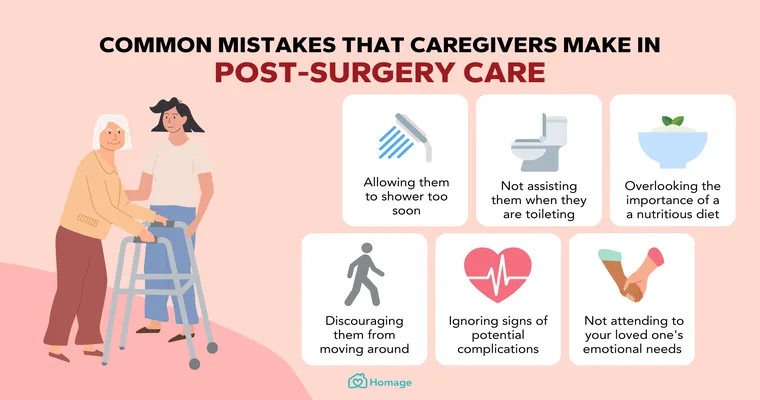"Selective memory" refers to the cognitive process where individuals remember certain events or details while forgetting others. This intriguing psychological concept often raises questions about how our brains prioritize information and why we might choose to recall specific experiences over others. Understanding "selective memory" can provide insights into human behavior, emotional responses, and even the accuracy of our recollections. In this article, we will explore the mechanisms behind "selective memory", its implications in everyday life, and its role in shaping our identities.
The Mechanics of Selective Memory
At the core of "selective memory" is the brain's ability to filter and prioritize information. Our experiences are vast, and it is impossible to remember every detail of every moment. This is where "selective memory" comes into play; it allows individuals to focus on memories that are deemed significant or emotionally charged. For instance, people may vividly recall their first day at school or a traumatic event while forgetting mundane details of their daily routines.
Research suggests that emotional significance plays a crucial role in what we remember. Events that evoke strong emotions are more likely to be encoded in our long-term memory. This phenomenon can be attributed to the amygdala, a brain structure involved in processing emotions, which helps strengthen the memory of emotionally charged experiences.
The Impact of Selective Memory
"Selective memory" can have both positive and negative effects on our lives. On one hand, it allows us to cherish joyful moments and learn from our mistakes. It can help us maintain a sense of identity by preserving memories that are integral to our personal narratives. On the other hand, "selective memory" can lead to distorted perceptions of reality. For example, someone might remember a relationship as entirely positive while overlooking the negative aspects, affecting their future choices.
Furthermore, "selective memory" can influence interpersonal relationships. Misunderstandings often arise when individuals recall events differently, leading to conflicts. This discrepancy can be particularly pronounced in family dynamics or friendships where shared experiences are interpreted in varying ways.
Coping with Selective Memory
Understanding "selective memory" can help individuals navigate its complexities. Here are some strategies to cope with its effects:
1. "Practice Mindfulness": Being present in the moment can enhance awareness and reduce the tendency to overlook important details.
2. "Keep a Journal": Writing down daily experiences can help reinforce memories and provide a more balanced perspective on events.
3. "Engage in Open Communication": Discussing memories with others can help clarify differing recollections and foster understanding.
Conclusion
In conclusion, "selective memory" is a fascinating aspect of human cognition that highlights the intricate ways our brains operate. By recognizing the influence of emotions and the subjective nature of recollection, we can better understand ourselves and our relationships with others. Whether it serves as a tool for personal growth or a source of conflict, "selective memory" is an essential part of the human experience that shapes how we perceive the world around us. Understanding this phenomenon can empower us to navigate our memories with greater awareness and intention.





